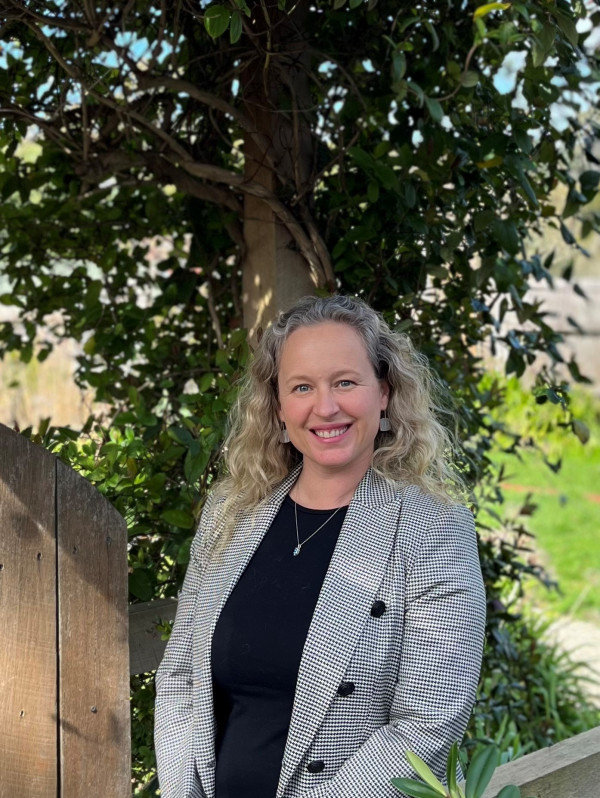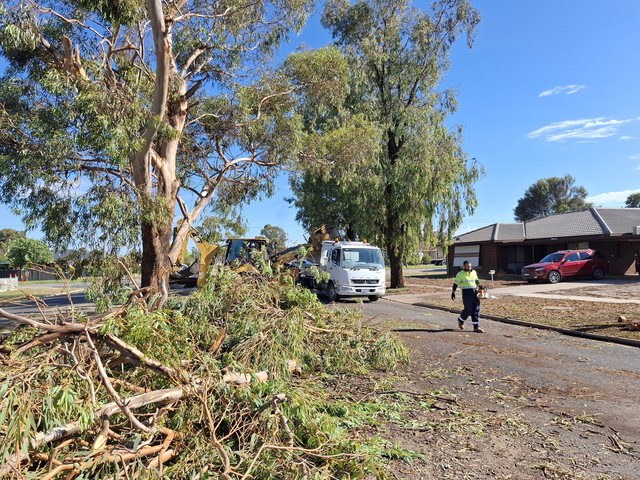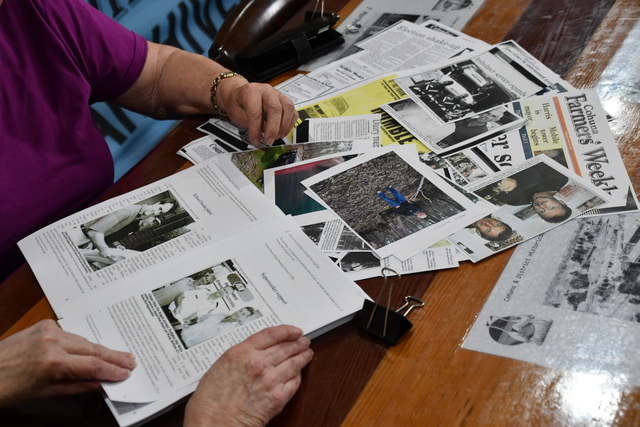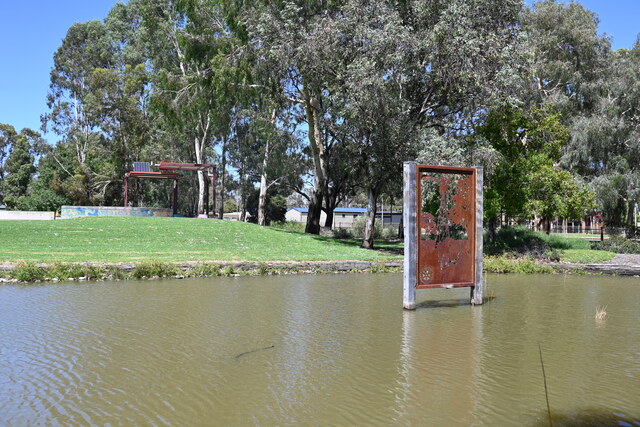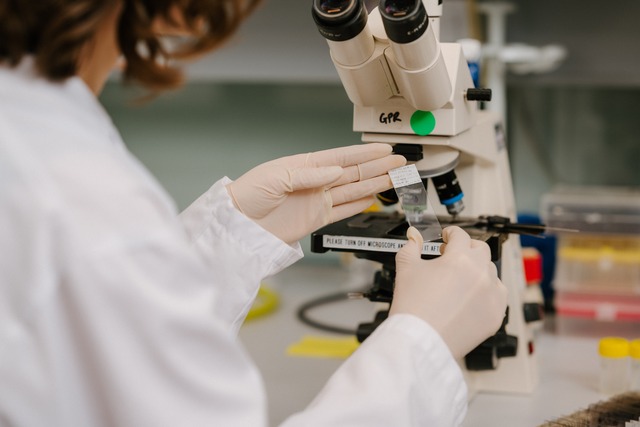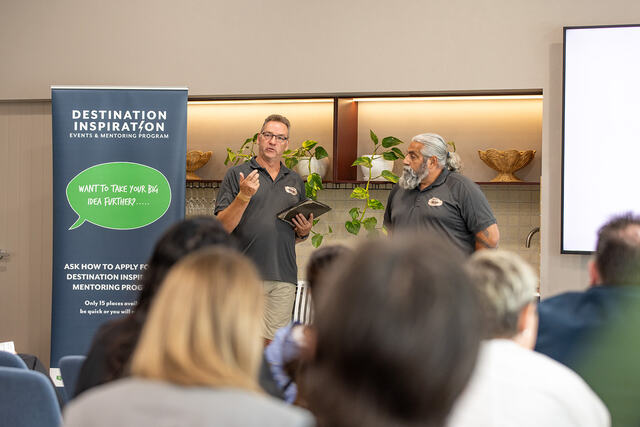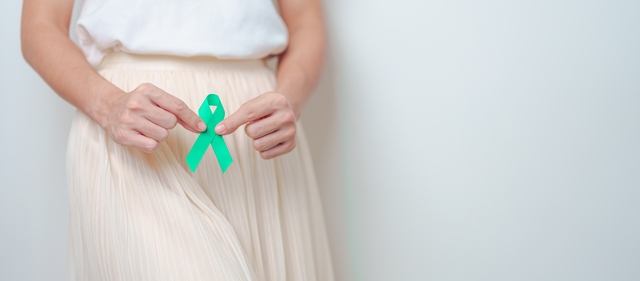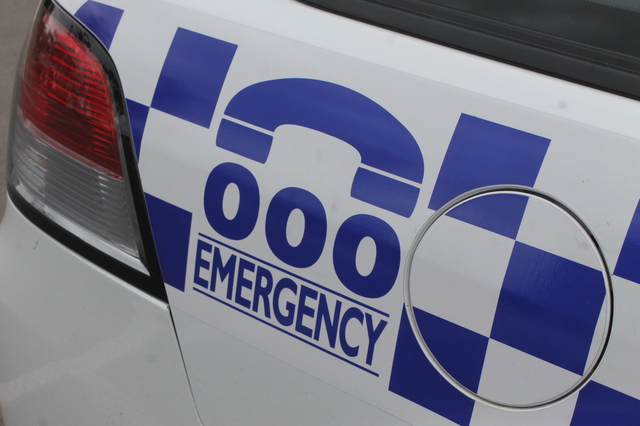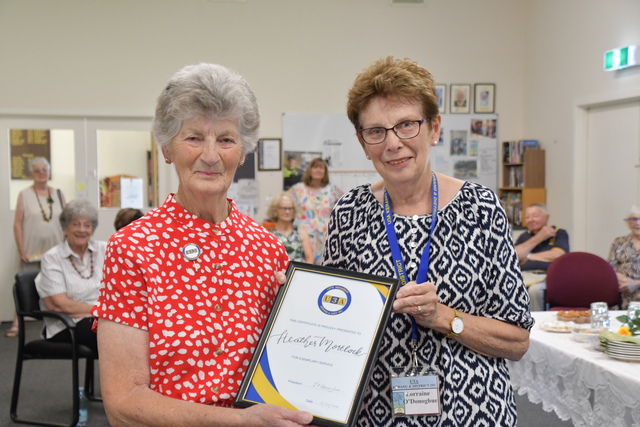A REGIONAL women’s health service is encouraging the community to become an “active bystander” to challenge attitudes.
Women’s Health Loddon Mallee (WHLM) provides active bystander training which recognises the significant impact that people can have when they challenge attitudes, beliefs and behaviours that sustain gender-based violence.
Workshop participants gain an understanding of the link between gender inequality and violence against women and learn about the importance of leadership in promoting gender equality.
They also gain practical tips and examples of how to be an active bystander, and how they can foster safe and inclusive communities for women and girls.
WHLM health promotion manager Belinda Buck said bystander action at any time is important because doing nothing supports and encourages sexist and disrespectful behaviour and attitudes.
Examples of bystander action include telling someone that their comments are not appropriate, speaking up when someone is behaving inappropriately to another person, or calling out the inappropriateness of making a sexist joke or remark.
Ms Buck said being an active bystander can be as simple as using body language – a pointed stare or head shake, or just supporting another person who is calling out sexism.
“Ending violence against women is everybody’s business,” she said.
“We all have a responsibility to call out the gendered drivers of violence everywhere, including in media and politics, online, in our homes and workplaces, in our relationships, on the street, in our schools, TAFEs and universities, and in our faith settings.
“Everyone deserves to be able to participate in community and family life without fear of gendered harassment, violence, or abuse.
“Ending violence against women starts with being an active bystander and calling out gender inequality, sexism, harassment, and abuse when we see it. “By calling it out we can all start to make a difference in challenging the attitudes and behaviours that drive gendered violence.”
WHLM host a range of training packages that promote gender equality and the primary prevention of violence against women.
To find out more about training provided by WHLM, visit the WHLM website.
If you or someone you know is impacted by family violence, contact 1800RESPECT on 1800 737.

